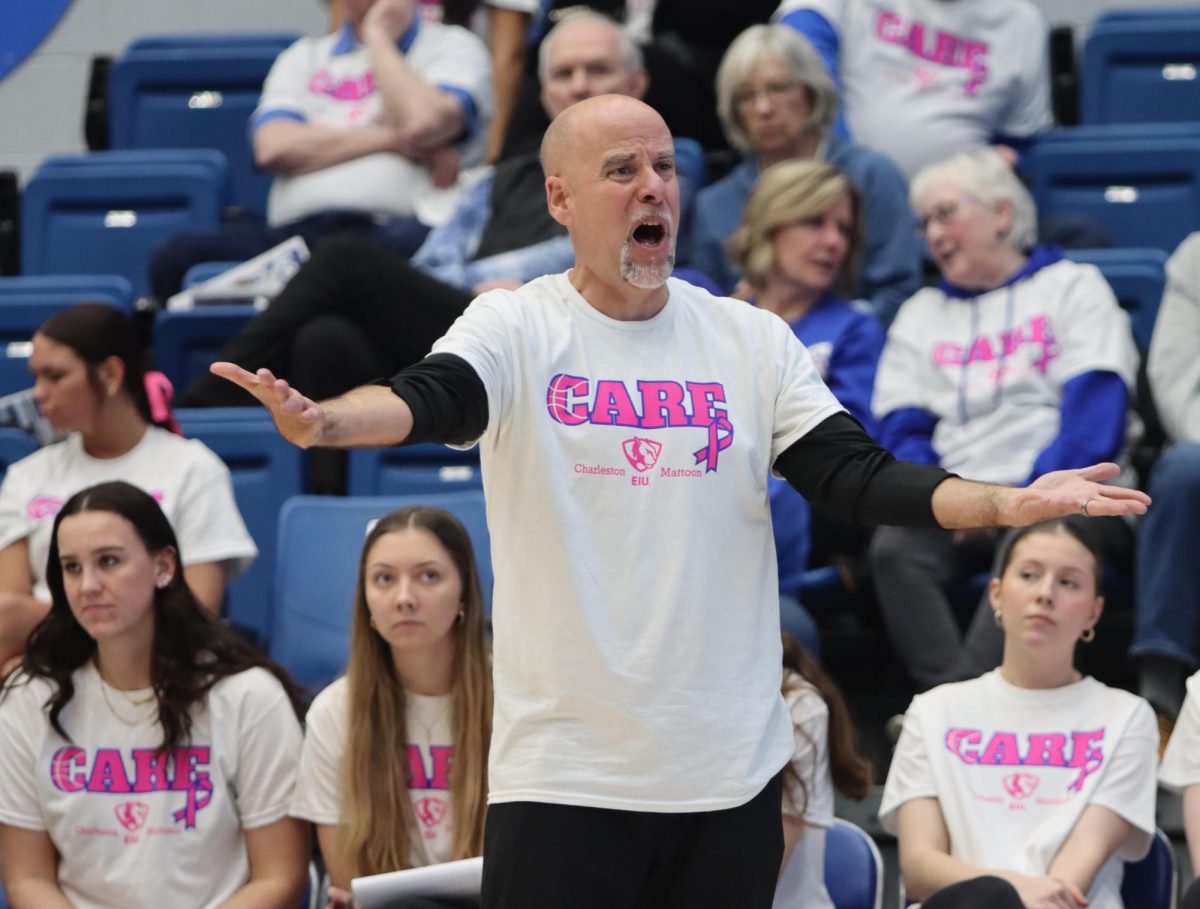English professor publishes book about Antebellum American literature
Years of researching historical literature has helped one professor make the connection between pre-Civil War and current times with his students.
Chris Hanlon, an English professor, said he spent about five to six years visiting libraries, archives and galleries throughout the U.S. and England to research for his new book, “America’s England: Antebellum Literature and Atlantic Sectionalism.”
“When I talk to students about issues connected with Antebellum America, at some level I’m encouraging them to think about the politics of their own time and the aesthetic pleasures open to them today,” Hanlon said. “I’m also encouraging them to think about the subjects by way of stepping outside of their own experience.”
He said analyzing literature is one of the best ways to understand history because it demands readers to think from a different perspective.
“I’m a literary historian because I believe that literary language allows us access to historical realities that we cannot access through other means,” he said.
Hanlon’s book, which will be published by Oxford University Press in March, focuses on how Americans related their perceptions of England to the disagreements between the North and South during the period before the Civil War.
Hanlon said he has taken groups of students to England to help them understand cultural aspects of both English and American literature, and he has visited places like the British Library and the University of Manchester.
“All of that is not only helpful to my research, but it helps shape the experience that my students have in my classroom, whether that classroom is in Britain or in Charleston,” he said.
He said some Americans’ changing perceptions on race have led them to reconsider their thoughts on the Civil War.
“I think we are living through a period right now during which Americans, as they adjust their attitude toward race in the United States, find themselves reconsidering what they thought they knew about the Civil War,” he said.
He said funding from the Council on Faculty Research and resources at Booth Library were essential in completing research for the book.
“Many people at Eastern simply don’t understand the extent to which Booth Library puts to shame libraries at institutions that are approximately the same size as Eastern,” he said.
Jocelyn Tipton, a librarian at Booth Library, said the library has 120 different databases, 4.7 million volumes and can get any book it does not have from any other library in the world.
She said each librarian is proficient in a certain subject and can help professors to identify particular topics.
“The primary focus really is to help the students, but we do in terms of our collection try to do what we can to support faculty research,” she said.
Hanlon said Eastern’s support of faculty research is important to the academics of the institution, and it ultimately benefits the students’ learning.
“I think one of the things that separates a university from a local college is the notion that in order to do that job effectively, I have to be engaged with the conversations and the problems that constitute my academic field,” he said.
Stephanie Markham can be reached at 581-2812 or [email protected].












































